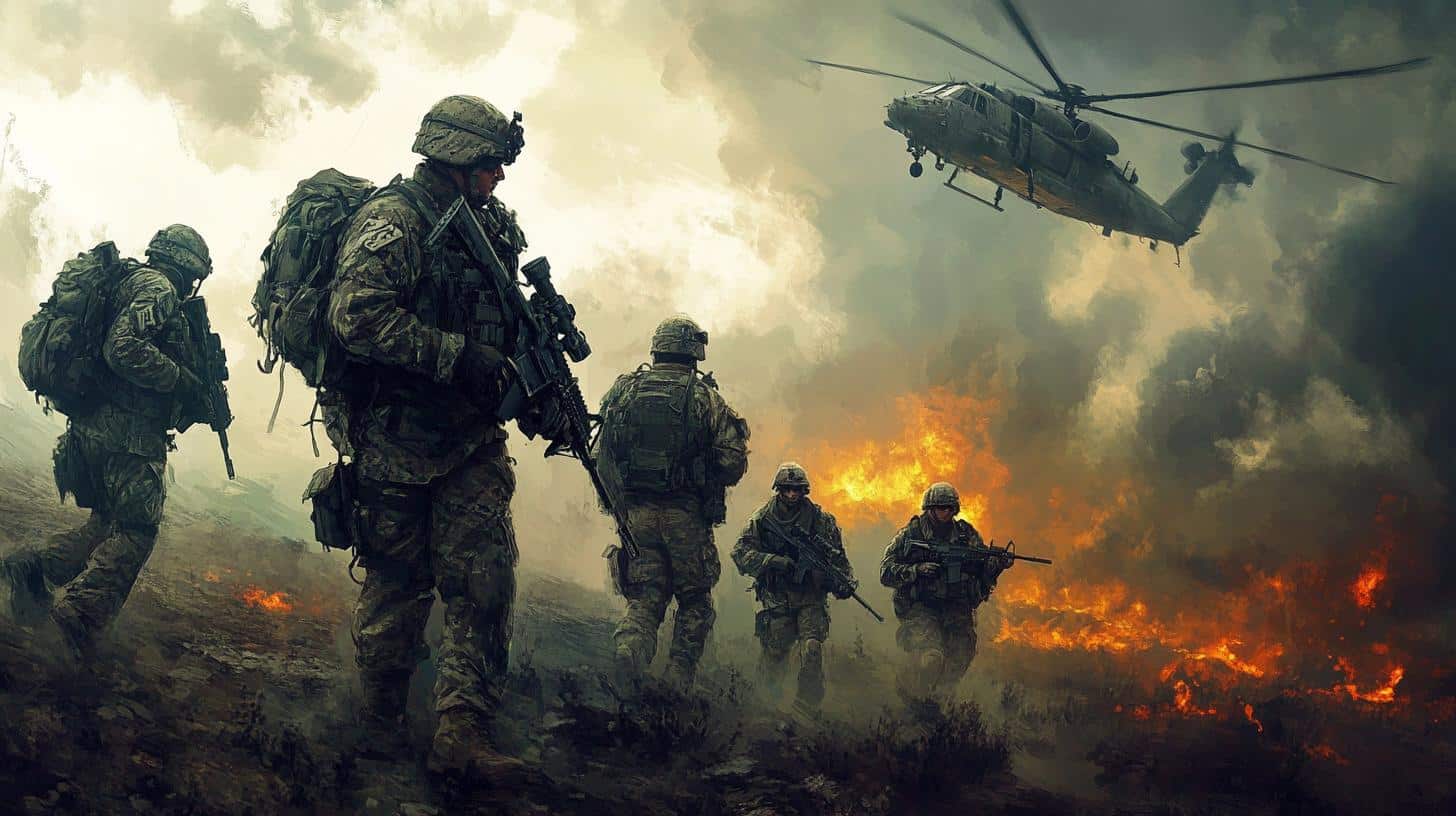When discussing the world’s strongest military, it’s hard not to focus on the United States. While debates about military prowess are perennial, the U.S. maintains its status as the world’s preeminent military power through a combination of factors that set it apart from any other nation. These strengths are not only reflected in the numbers but also in strategic capabilities and extensive global influence.
The United States boasts a defense budget that significantly exceeds that of any other country, often totaling more than $700 billion annually. This formidable financial backing allows the U.S. military to maintain cutting-edge technology, continuous innovation, and the ability to project power globally. With advanced technologies such as stealth aircraft, nuclear-powered aircraft carriers, and a sophisticated satellite network, the U.S. military can operate with unmatched reach and precision.
Equally important is the size and training of the American armed forces. The U.S. has a diverse and well-equipped arsenal of weaponry, including thousands of aircraft, numerous warships, and a substantial nuclear arsenal. The military is staffed by highly trained personnel who undergo rigorous preparation in various specialties, ensuring operational readiness in both conventional and unconventional warfare scenarios.
Furthermore, the United States’ network of alliances, like NATO, plays a strategic role in amplifying its military capabilities, ensuring global support and collective security. This influence extends beyond simple military might; it underscores the comprehensive power that the U.S. wields, bridging diplomacy and defense with global reach.
While many factors contribute to the strength of a nation’s military, the combination of the U.S.’s technological advantages, financial support, training, and alliances secures its position as a global military leader.
Unraveling Military Power: Surprises Beyond America’s Might
Who Challenges America’s Military Supremacy? Despite the United States’ impressive military prowess, nations like China and Russia are intensifying efforts to enhance their own military capabilities. China, for instance, has significantly increased its defense spending, boasting advancements in anti-ship missiles and hypersonic technology. Russia’s military modernization includes a focus on new nuclear weapons and cyber capabilities, challenging the established global order.
Impacts on Global Communities and Nations The rise of China and Russia as military powers affects international security dynamics, invoking strategic realignments among nations. Smaller countries are pursuing strategic alliances with either the U.S. or other emerging powers to ensure their security and maintain sovereignty. This shifting power balance can lead to increased regional tensions, compelling nations to reconsider their defense and foreign policies.
Military Strength: A Double-Edged Sword? Military prowess provides nations with security and influence yet also poses significant risks. High military expenditure often diverts resources from essential areas like education and healthcare. Moreover, the escalation of arms races could lead to global instability and conflict.
Interesting Facts and Controversies It’s intriguing that while technological and financial resources enhance military capabilities, human factors like morale, leadership, and strategic decision-making remain pivotal. Additionally, debates continue over the ethical implications of advanced military technologies, such as AI-driven weapons systems and autonomous drones.
Conclusion Although the U.S. maintains its status as a military superpower, the evolving capabilities of China and Russia present a changing landscape that reverberates worldwide. It prompts critical questions about the future of global peace and stability.
For more global defense insights, visit Rand Corporation and Council on Foreign Relations.







